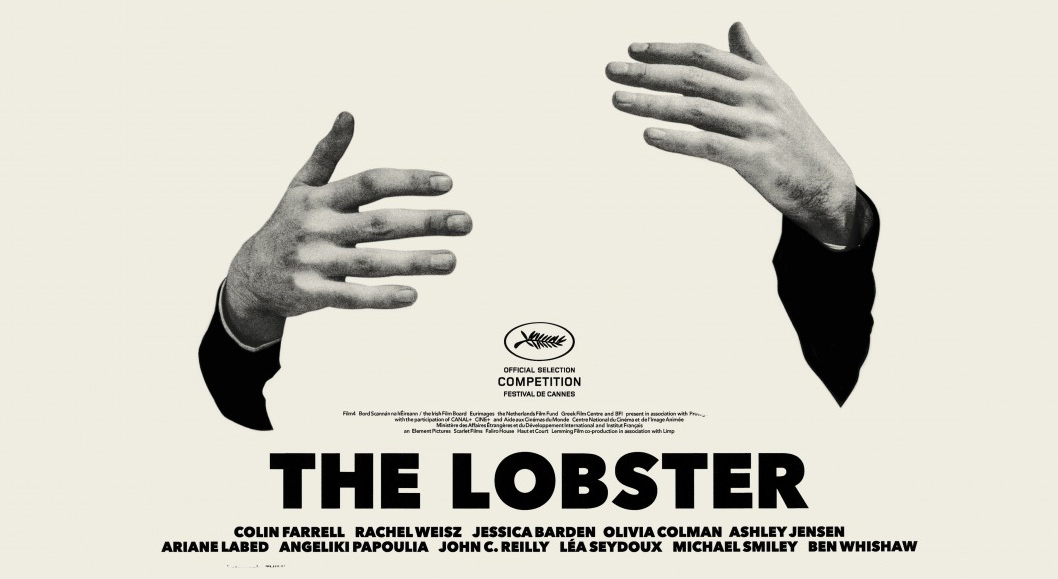
The Lobster
Consider this another exhibit of the European man’s nihilism – and it is particularly interesting how Colin Farrell is so drawn to the dying breaths of European culture, with this being sequential to his work in In Bruges. Yet here, as opposed to examining the question of man’s mortality and the worth of justice, we have the examination on man’s sexuality and the worth of posterity. And clearly, as the film demonstrates, a humanity that sees nothing to sexuality but self-interested pleasure is an absurd one.
Notice, for instance, how frequent the allusions to anal sexual penetration are. This is not vulgar per se, nor is it to senselessly provoke the audience. It is to call to the sheer brutishness of fornication as exactly that: a habit done for no higher sake than to get off. Sex, absent religion, is an elevated form of masturbation.
Clearly the film wishes to peer into the meaning of deep relationships and the outlandishness of human society which does in a way ostracize the loner. Everything in society, if one takes notice, is developed to conform to the social animal that is innate to him. Dining seats are plural. Grocered food is packaged for consumptions of the multiplicity. Yet this outlandishness is simply the nature of how humans successfully have adapted in their societies; by forming long bonds with others in society. And by cultivating, henceforth, the longitudinal aims into the beyond. It is no matter that most humans have no concept nor desire to make such a reach. But, ingeniously, the simple act of taking pleasure in raising a family toward success achieves this very aim. It is majestic, even further, that such an uninspired and mediocre task could achieve so much.
And yet, with The Lobster, we see no concern to even exercise such mediocrity. This is the Last Man’s last stand: his utter confusion with his own innate design to reproduce himself. But why he asks? Why propagate further? Why go forward anymore? Isn’t it enough? Amidst decadence rises licentious abundance, which the common man cannot deter. For the commoner, innately, finds no spiritual electricity in what is permanent and of the highest significance to life. Thusly, the regression to animal transformation is poetic justice.
Certainly, the film may counter, it is better to die an animal than to be duplicitous in order to create a bond and family? It is better to die alone and honest than to be deceitful so that one can move the ball forward. And yet how frequent it is, how natural it is as social animals to embellish the reality of oneself, to better rarefy the perception of someone else as they look upon. Integrity is more than a simple feign of a bloody nose; yet a richer and more spiritual society would understand what is vanity more than the conspicuous consumption of sexuality that is common place among the decadence of Western society. And in such a higher society, a sacrifice for another, to give a part of one’s life for another, would be an achievement; it would be a stepping stone to a grander significance. That there is ambivalence to such an attempt at the film’s ending suggests the poison laced within all his senses. The Last Man goes into the night pathetically quietly.

